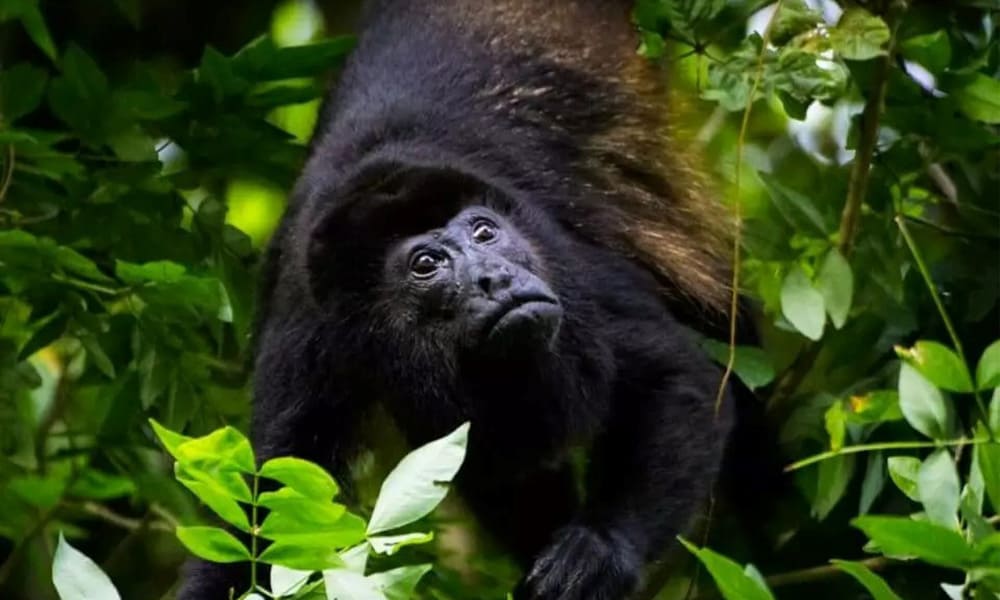Costa Rica is actively taking measures to safeguard its fauna. The government recently published a decree addressing the prevention and mitigation of wildlife electrocution caused by electrical power lines across the nation.
The primary objective is to curtail animal fatalities resulting from electrocution. In the unfortunate event of such incidents, the decree also focuses on providing immediate attention to injured or orphaned wild animals. Additionally, it favors the establishment of wildlife crossings to facilitate safe movement.
Franz Tattenbach, the Minister of Environment and Energy, underscored that this significant decree is the culmination of collaborative efforts involving non-governmental organizations (NGOs), the government, the National Commission for Biodiversity Management (OT-CONAGEBIO), the National System of Conservation Areas (SINAC) under the Ministry of Environment and Energy (MINAE), and electricity companies.
Tattenbach emphasized the critical need for protecting animals as various regions of the country experience growth and expansion. He highlighted the necessity of balancing human connectivity with wildlife needs, emphasizing the importance of safe electrical infrastructure such as underground or insulated wires.
In areas witnessing a surge in tourism due to natural beauty, Tattenbach warned that lack of proper connectivity for wildlife could transform human necessities into lethal traps for animals.
The collaborative group overseeing the initiative has developed guidelines stipulating the minimum parameters companies must adhere to in order to prevent and mitigate electrocution risks. The public is also encouraged to report locations where wildlife might be at risk due to power lines, issues arising from vegetation touching these lines, or any other potential hazards.
MINAE aims to engage communities in identifying and reporting hazardous locations, as well as encouraging them to participate in the maintenance and planting of trees that offer support and sustenance for wildlife.
Tattenbach concluded by stressing the importance of balancing human needs with environmental conservation for future generations. He emphasized the creation of a comprehensive set of measures to alleviate the impact of power lines on the biodiversity of Costa Rica.






